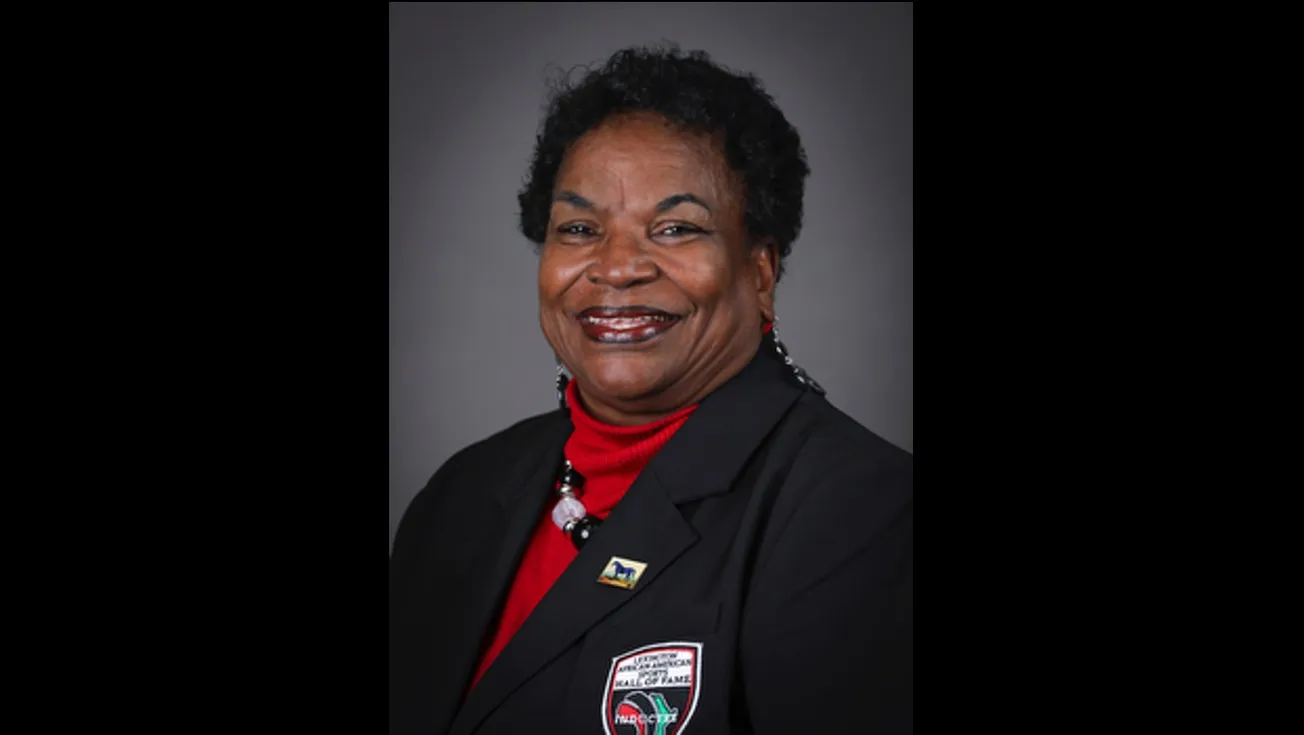As it nears its final fortnight, the Kentucky governor’s race might seem one of the biggest wastes of money in our state’s history. More than $40 million has been spent, much of it for mostly misleading TV attacks on Gov. Andy Beshear, who seems to have withstood them or gotten stronger.
That must vex Republican Attorney General Daniel Cameron, who roared through his primary and looked to have the momentum needed to catch the Democratic incumbent in a Republican state. But after a post-primary poll that was a statistical dead heat, Beshear has led every public poll since.
As this was written Wednesday, the latest public poll was taken Oct. 1-3 by Emerson College of Boston. It said Beshear led with 49% to Cameron’s 33% – a result that some observers dismissed as an outlier, one of those polls that don’t fit the standard 19-out-of-20, “95% confidence level” of survey research. (The poll’s error margin was plus or minus 4.6 percentage points, meaning the margin could have been as close as 7 points, not 16.)
Even if the poll was an outlier, it was also an indicator – that Cameron was still not getting the traction he needs, despite the expenditure of millions of dollars on his behalf. There are several likely reasons for that, but also some less likely reasons that he still has a chance.
After 48 years of paying close attention to gubernatorial elections in this state, my head and my gut tell me that Beshear has a powerful combination going for him: Voters made up their minds about him long ago, during the crucibles of the pandemic and natural disasters, so they aren’t really paying much attention to Cameron and all those TV ads – or, unfortunately, to the series of Beshear-Cameron debates that will end on Tuesday. As Beshear said in the debate at Paducah, “You know who I am.”
Once Kentucky voters make up their minds about a governor or gubernatorial candidate, it’s difficult to change them. One example: As the 1991 Democratic primary geared up, then-Lt. Gov. Brereton Jones had a poll that showed him with 37% of the vote; he ended up winning with 37.5%, merely maintaining the support he had gained by casting himself as the opposite number to controversial Gov. Wallace Wilkinson for three years.
Many Kentuckians don’t think much about Frankfort politicians because they hear relatively little about them, living in media markets that are centered in other states or with news media whose news outlets must pay attention to other states (Louisville being the leading example). And in the age of social media and Donald Trump, national news grabs even more of voters’ limited attention.
Cameron is trying to nationalize the race by linking Beshear to President Biden, without much apparent effect. But he has Trump’s endorsement, and has begun using it in TV ads, which suggests that the quadruple-indicted former president and serial scofflaw will make a campaign appearance for Kentucky’s chief law-enforcement officer. That is a sad farce. But Trump remains popular in the state, leading Biden 55% to 26% in the Emerson poll, which found another absurdity: 47% of Kentucky’s likely voters think Biden stole the 2020 election while only 36% think he won it fairly, contrary to the best evidence.
Trump remains the X factor in the race. An appearance by him could boost Republican turnout, as he did in the 6th Congressional District in 2018, but it could also boost turnout among Democrats – and Republicans who detest what Trump has done to their party. The Emerson poll had 28% of Republicans favoring Beshear.
But in the end, Cameron’s chances depend on his ability to sell himself to voters and get them to the polls. His emphasis on gender issues seems not to have worked; he has yet to consolidate the Republican base behind him, and he is whipsawed by the abortion issue.
Cameron’s latest salient is crime, noting that most of the felons Beshear released in the pandemic ended up committing more crimes. (It’s a companion to his issue of low test scores after school closures.) Beshear has been reluctant to relitigate his pandemic work, perhaps fearing that it would change the narrative of the race, but in Monday night’s debate he responded to Cameron’s point, saying “the vast majority” of those crimes were committed after the inmates would have been free anyway; they had to be within six months of release, or older than 65 and medically vulnerable, to get out.
Serious crime is down under Beshear, but crime is a top concern of voters, a WKYT-TV poll found. Cameron’s new running mate, in effect, is former U.S. Attorney Russell Coleman, who is running for attorney general against state Rep. Pam Stevenson of Louisville and is bankrolling a tough-on-crime TV campaign. That could give Cameron some traction. But he’s fast running out of time.
--30--








